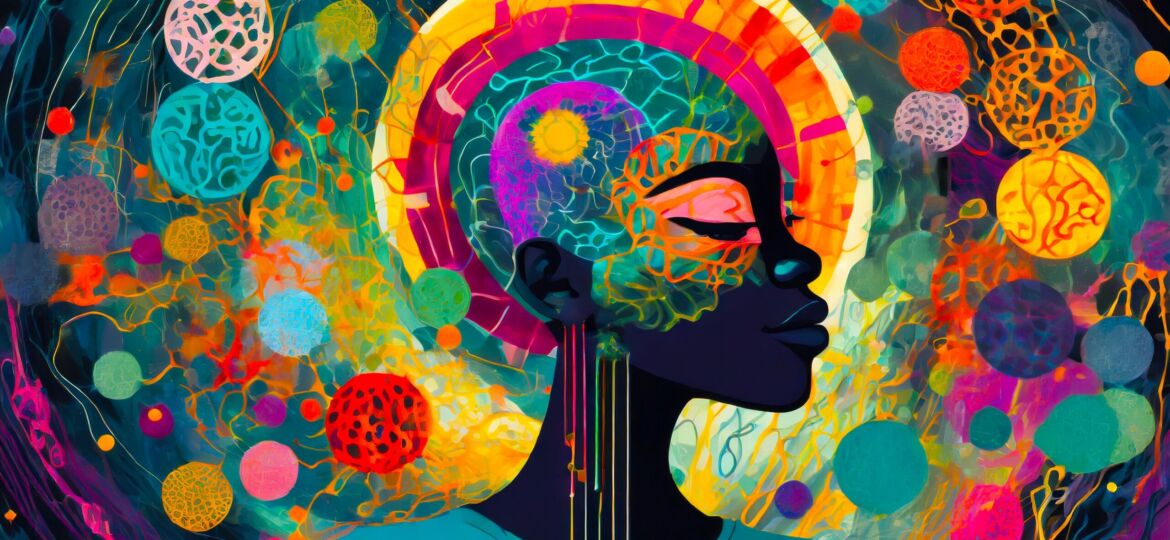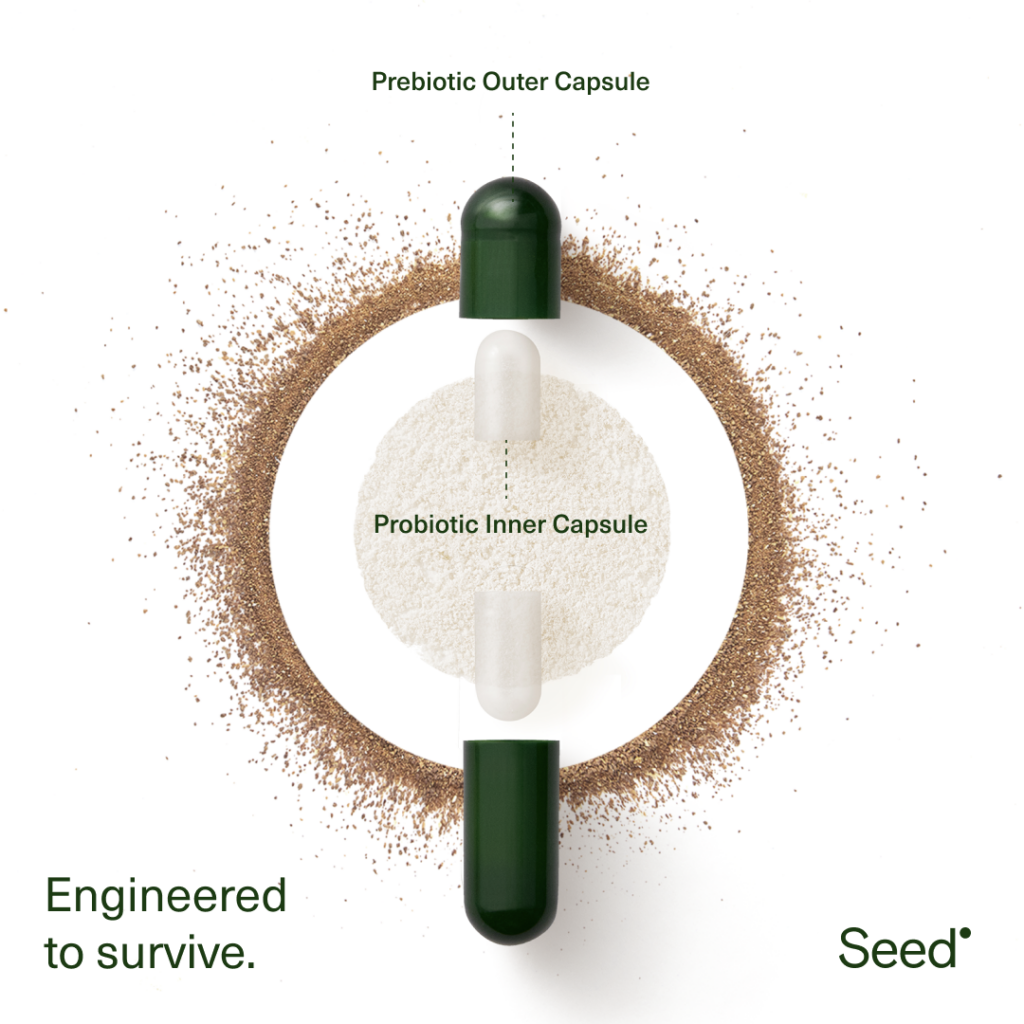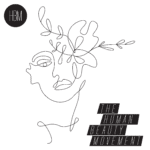
In this week’s insightful episode of The Human Beauty Movement Podcast, I had the opportunity to plunge into the fascinating realm of emotional neuroscience with the esteemed Reneau Peurifoy. Peurifoy, with a commendable depth of knowledge and genuine passion, revealed how seven core emotions drive our everyday behavior. This journey through the complex neurological underpinnings of human emotion is as thought-provoking as it is transformative, and I am thrilled to share with you a glimpse into our compelling conversation.
Emotions, as Peurifoy describes, are not just fleeting sensations but powerful drives within us that catalyze action and sometimes usurp our logical brain. Our discussion exposed the evolutionary nurturing of these sensations, which span anger, fear, lust, seeking, play, separation anxiety, and caring. The seeking emotion, Peurifoy emphasizes, is the fire beneath the cauldron of our curiosity, urging us to unravel the mysteries of our surroundings.
The interplay between our emotional drives and experiences crafts a unique narrative for each individual. Peurifoy’s illustrations bring to light how the brain tags and sorts information, leading us to link threats to previously harmless environments based on past trauma. Recognizing these patterns reveals why our perceptions of the world—inessential crises and all—are tinted by the lens of personal experience and the media’s crisis mentality.
Existential beliefs undergird the basis of our psyches, Peurifoy states, and in our modern era, where materialism often overshadows the transcendent, we grapple with a collective fear and anxiety. His reference to near-death studies opens the discourse into the existence of a life beyond, which, when acknowledged, eases the tremors of adversity with a soothing calm and nurtures grounded contentment.
As we perused the social landscape, Peurifoy delineated the importance of genuine, deep relationships over the empty connections that proliferate online. Here, the phenomenon of FOMO (fear of missing out) was dissected, underpinning our era’s endemic loneliness and the urgency for true, purposeful connections. Peurifoy contends that a lack of goal-oriented purpose and existential meaning in life creates a void that no superficial engagement can fill.
Noting breakthrough studies of the last century, Peurifoy interestingly points out the recognition of two pivotal response patterns: learned helplessness and locus of control. We delved into these concepts, looking back at experiments that shaped our understanding of behavior and the significance of empowering people with a sense of control over their lives.
Childhood, that crucible of development, appeared again in our conversation as a molder of core response patterns, influencing our future relationships and behaviors. Yet, as Peurifoy illustrates with hope, exposure to healthy relationships can rewrite this narrative. As an illustration of hope and transformation, I shared my own struggles, underlining the import of targeting root causes to metamorphose unhealthy patterns into paths of growth.
Peurifoy prescribes a four-step process for the alteration of such patterns, from understanding the mechanics behind behaviors to finding practical strategies for change. This therapeutic dialogue extends to address the complexities of post-traumatic stress disorder and how our seven core emotions, like anger and fear, operate as responses to existential threats.
Flipping the concept of love on its head, Peurifoy reveals that from a biological standpoint, love’s antithesis may be fear rather than hate. We journeyed together through the spectrum of emotions, discussing how societal and familial influences shape and occasionally misshape our responses.
Perhaps one of the most crucial lessons my conversation with Reneau Peurifoy imparts is the value of emotions as messengers of our needs. Understanding this, we can foster a healthier relationship with our emotional selves. With anxiety being a prevalent struggle, Peurifoy shares wisdom on managing it—from curating media intake (avoid the news!) to logical reasoning through worries, to better handle fear and uncertainty.
The dance of negative and positive behavioral patterns is another rich area we mine in our discussion. Peurifoy impresses upon us the power of allowing emotions to flow naturally and practicing new, positive patterns as a way to desensitize ourselves from the negative. To combat the reemergence of old patterns during times of stress, he suggests using these moments as signals to engage in self-care.
Within the sphere of relationships, recognition, and communication of feelings is paramount, along with the critical evaluation of potential partners before committing physically. These insights are but a fraction of the wealth of knowledge and help Peurifoy offers in his book, “Why You Feel the Way You Do,” which includes practical exercises for readers to apply to their lives.
I invite you to dive into the full episode and hear all the profound insights Reneau Peurifoy has to offer. Stream it on The Human Beauty Movement Podcast, and take a step to gain greater control over your emotions.
If you like the episode, don’t forget to rate, review, and subscribe to the podcast.














